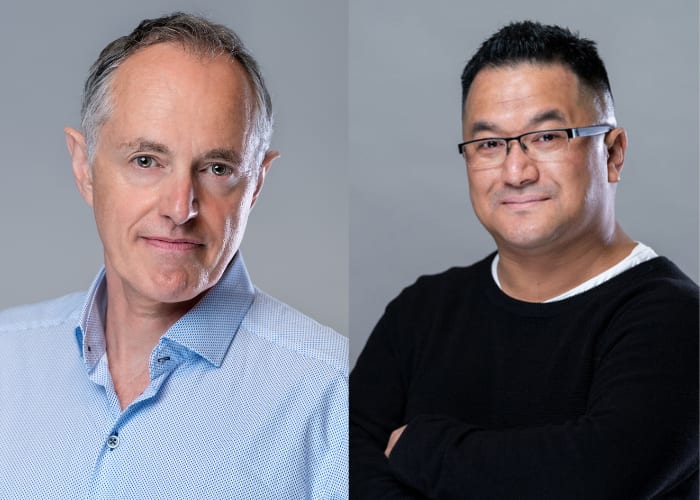Hello,
My name is Dr. Karen Goddard and I’m the medical director of the Adult Cancer Survivorship Program at BC Cancer. It’s a pleasure to be blogging once again for the BC Cancer Foundation and to share with you the importance of advancing research and care in this field.
I have been working at BC Cancer for almost 30 years now and from the very beginning have been part of the BC Children’s Hospital pediatric oncology and the BC Cancer – Vancouver radiation oncology teams. I have cared for many children and adolescents with cancer as a member of these multidisciplinary teams. The majority of these patients are long-term survivors and have been cured of their cancer.
Cancer cure comes at a price
Over the years it has become increasingly clear though that cure comes at a price. As survivors of childhood and adolescent cancer grow older they experience long-term health problems. These chronic health problems are called “late effects” and are long-term side effects of the tumor and the treatment that can significantly affect quality of life and patient wellbeing. After radiation therapy and intensive chemotherapy, at least 80 per cent of patients may have one or more serious late effects.
For many years we have needed a specialized program to address the needs of adult childhood cancer survivors and in July 2016, there was a very exciting development. A new clinic opened the “Late Effects, Assessment and Follow-up” or LEAF Clinic.
This clinic is funded by the BC Cancer Foundation and the Ministry of Health. I am lucky enough to be the medical lead of the LEAF clinic.
I work with a nurse practitioner, family counsellors Sharon Paulse and Bronwyn Barrett, administrative support staff and lead Avril Ullett. In the LEAF clinic, we focus on providing the care that survivors need after pediatric cancer treatment.
Supportive care for cancer ongoing
Using clinical assessment and different investigations, we assess for late effects and then provide the best management of these problems by organizing appropriate investigations and referrals.
We coordinate clinical care with the patient’s primary care practitioner. We also provide ongoing screening recommendations for early detection of late effects. We meet with survivors to review their previous treatment in detail so that they understand any potential health risks, the best way to screen for those health problems and what would be important in terms of lifestyle to stay healthy (for example diet and exercise).
Anxiety and depression are often significant problems after cancer treatment. The LEAF clinic offers support group meetings for adult childhood cancer survivors led by Bronwyn Barrett and Sharon Paulse.
These sessions have been very well attended and received. If you are a childhood cancer survivor, we would love to see you there and please think about attending our next session. Please contact ACCS@bccancer.bc.ca for more information.
If you are a survivor of childhood cancer, reach out
In addition, we are focusing on health care provider education. Family doctors always receive a copy of our assessments, so that they fully understand the needs of their patients. Many medical students, residents and fellows in training have spent time learning about the clinical care of childhood cancer survivors with the team.
We have also developed an accredited educational module with the University of British Columbia to help health care providers learn more about late effects. In addition every year, I give lectures about late effects and last year had the opportunity to address the St. Paul’s Hospital CME conference for primary care physicians.
Over the summer I am working on a research project with Ghazal Kiani (a UBC medical undergraduate) and she is assessing the risk of late effects in adult survivors of childhood lymphoma.
She is funded by the UBC SSRP Summer Student Research Program and the Mach-Gaensslen Foundation of Canada. Jordan Tran is funded by the Porte Hungerford neuro-oncology research fund and involved in Adolescent and Young Adult (AYA) CNS survivorship research and Simone Chiang is funded by a POSI grant.
We are celebrating the second anniversary of the LEAF Clinic in July, and look forward to continue to grow the clinic so that we can provide these vital services with the support of the BC Cancer Foundation.
Thank you for tuning in this week. I will be back next week to discuss more of our work to advance care for survivors of childhood cancers.
Dr. Goddard


